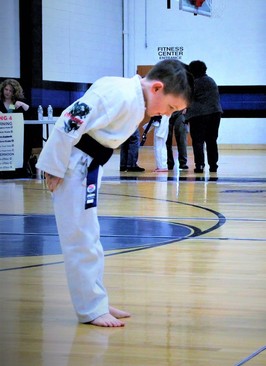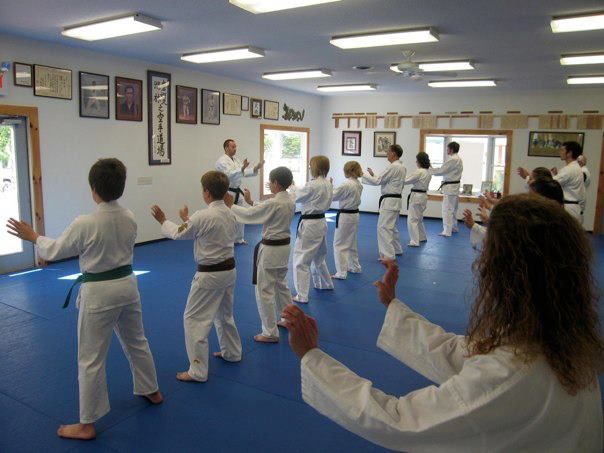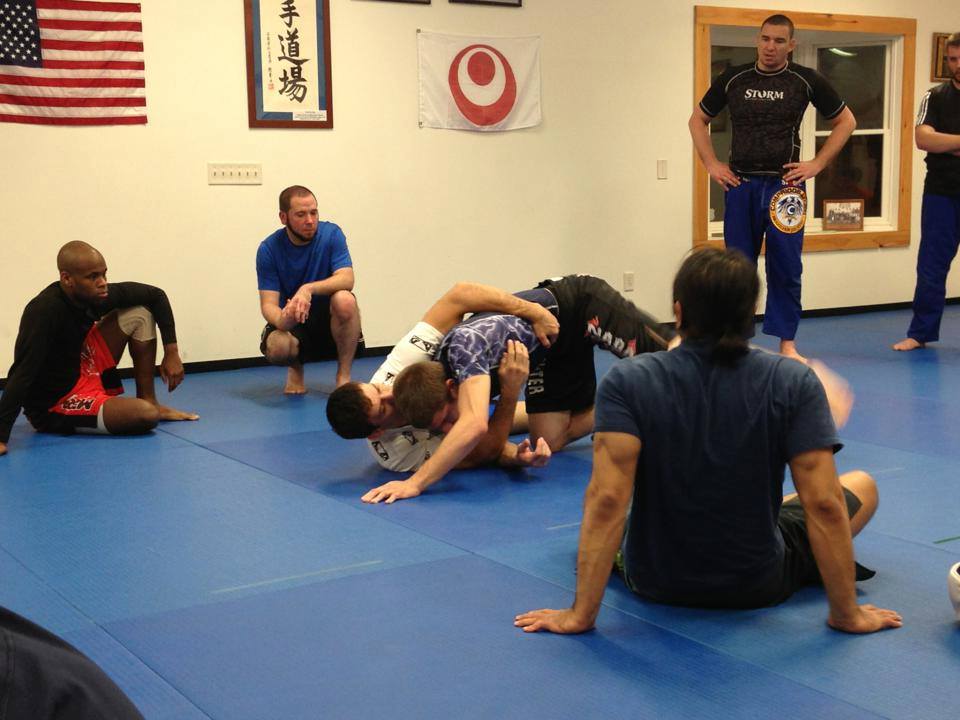
· Etiquette and social courtesies
· Focus and concentration
· Awareness and mindfulness
· Self-control and discipline
· Patience and perseverance
· Discretion and de-escalation skills
· Emotional stability and calmness
These elements of training are just as important...maybe more important to the student as staying physically fit and developing a solid skill set in your chosen art. For most of us the need to defend our lives will be a rare occasion. But, our daily lives benefit from social courtesy, focus, awareness, discipline, discretion and stability.
In the modern era, martial arts schools need to find creative ways to teach these principles to their students. To run a dojo or gym like a Zen monastery would likely mean a financial end to the establishment. Instructors also need to be careful not to cross over into a ‘religious’ area in teaching these principles out of respect for different students’ beliefs.
To be successful and still teach these principles to the majority of students, instructors need to make these lessons interesting and fun, and even get creative sometimes. Many of the standard exercises in a martial art are designed to include these ideas. Well organized schools will include a code-of-conduct or “Dojo Code” to reinforce these principles. Certain drills or activities may not seem to have much value in martial arts training, but they typically do. For kids, even games at the end of classes usually provide some skill building and lessons on qualities like fairness, sportsmanship, honor, self-control and attention to rules and structure.
These principles can take some time to learn, especially for children. To truly develop as part of a student’s character these qualities usually take months or even years. Regular training in the Dojo or “gym” under the guidance of experienced leaders and dedication to all the exercises WILL impart these qualities to those who are willing to learn. This requires some trust and effort on the part of the student. In the case of younger students, parental trust and support are also a key element to them learning these principles.
Students will go through many different phases and challenges as they learn the non-physical elements to martial arts training. Sometimes they will have to define boundaries for themselves the “hard way.” Listening carefully to their instructors and trying to absorb the lessons taught in the Dojo can help to minimize this normal part of learning.
If a situation arises when a student has difficulty with any of the principles highlighted, it can often be turned into a “teachable moment” for them. The student (and/ or parent) should be sure to talk to an instructor to understand better and get some perspective on the situation. Whatever the case, the instructors will most often be able to help, and, turn a negative into a positive. Well seasoned instructors have likely dealt with the same situation before, and are well prepared to make the best of any situation. This is a case where trusting the experts can go a long way.



 RSS Feed
RSS Feed